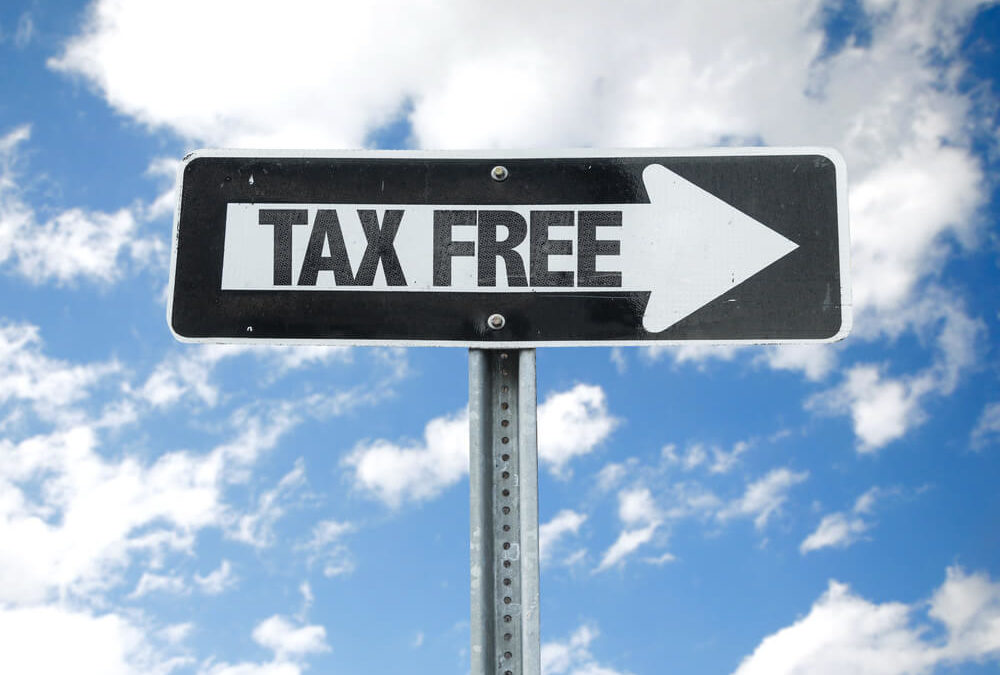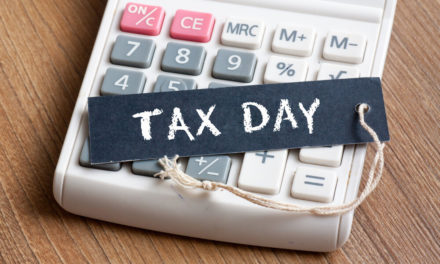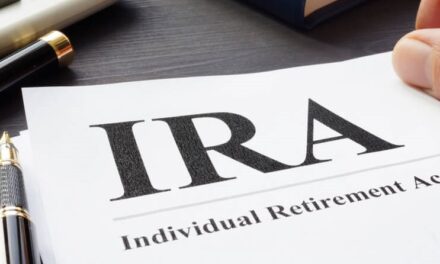Last week I shared some of my favorite ways to take an ax to your tax bill. And the good news, of course, is that we have an extra month to do it. The IRS extended the tax filing deadline to May 17.
We’re all obligated to pay income taxes. It is, alas, the price we pay to use America’s resources. And I think we get our money’s worth for the most part, as the opportunities here are limitless. But all the same, I don’t want to pay a single red cent more than I legally have to.
Well, I want to give you another way to massively reduce your tax bill. This is a particularly good option for self-employed professionals with few or no employees. And it’s best if you are already maxing out more common savings plans like an IRA or 401(k).
You probably don’t have access to a traditional pension. Unless you work for the government, have a union job, or work for a handful of older companies that still provide them, traditional defined-benefit pension plans are a relic of the past. They’ve been replaced by defined-contribution 401(k) plans and the like.
But here’s where it gets fun. If you own your own business, you can start a pension plan with yourself as the only beneficiary and pair it with a 401(k) plan. Depending on your age and income level, you might be able to sock away multiple hundreds of thousands of dollars every year.
Yes. That is possible. And, in most cases, it only costs a few thousand dollars a year in administrative fees.
It gets messier and more expensive if you have full-time employees. Personally, I would not want the responsibility of running a traditional pension plan for a team of employees, and I live and breathe this stuff.
But if you are a one-man or one-woman show, earn consistent self-employment or 1099 income, and your only partners or employees are your spouse or immediate family members, this might be a solid option for you. It works best for doctors, accountants, lawyers or other professionals that often work as independent contractors.
Here’s how it works.
Self-Employed Tax Tip: Set Up Your Own Pension
1. Open an individual 401(k) plan. This is something that almost any mainstream brokerage house can do for you, free of charge. Opening an individual 401(k) account isn’t much different than opening an IRA. It’s a standardized process.
Prior to 2020, the deadline to create an individual 401(k) plan was December 31. But the SECURE Act extended that deadline to the date of your business’s tax filing deadline, plus extensions. For most business types, that means September 15 or October 15 of this year.
So, you still have time.
2. Form the defined benefit pension plan. When it comes to this self-employed tax tip, don’t try to fudge this alone. Please, do yourself a favor and ask a competent CPA to do it for you. Yes, you’ll pay. But it will keep you out of trouble when filing self-employed taxes.
 As with the individual 401(k), the deadline to create a pension was extended to the tax-filing deadline, May 17. So, again, you have time.
As with the individual 401(k), the deadline to create a pension was extended to the tax-filing deadline, May 17. So, again, you have time.
You can dump $19,500 of your income into your individual 401(k) plus an additional 6% in profit sharing. That 6% profit sharing maxes out at an income of $285,000. That’s $17,100. So, between salary deferral and profit-sharing, you’re already up to $36,600.
Now for the fun part.
The amount you can contribute to your single-person pension plan is a function of your age and income. Get a professional to do that calculation for you. But the takeaway is this: The older you are, the more money you can contribute.
The maximum is around $230,000. But again, this will vary based on your age and other actuarial assumptions. If you’re in your 60s, you can probably come close to the maximum. If you’re in your 40s, the max might be closer to $100,000. But again, the formulas are complex here, so we have to generalize. And trust me, you will want to hire a pro to do this because it can be a real mess to clean up.
Most people aren’t in a financial position to sock away over a quarter-million dollars tax-free every year. But if you’re doing well financially and want to shield as much of your income as possible from taxes, this is the single best way I know to legally do it.
To safe profits,
Charles Sizemore
Editor, Green Zone Fortunes
Charles Sizemore is the editor of Green Zone Fortunes and specializes in income and retirement topics. Charles is a regular on The Bull & The Bear podcast. He is also a frequent guest on CNBC, Bloomberg and Fox Business.






